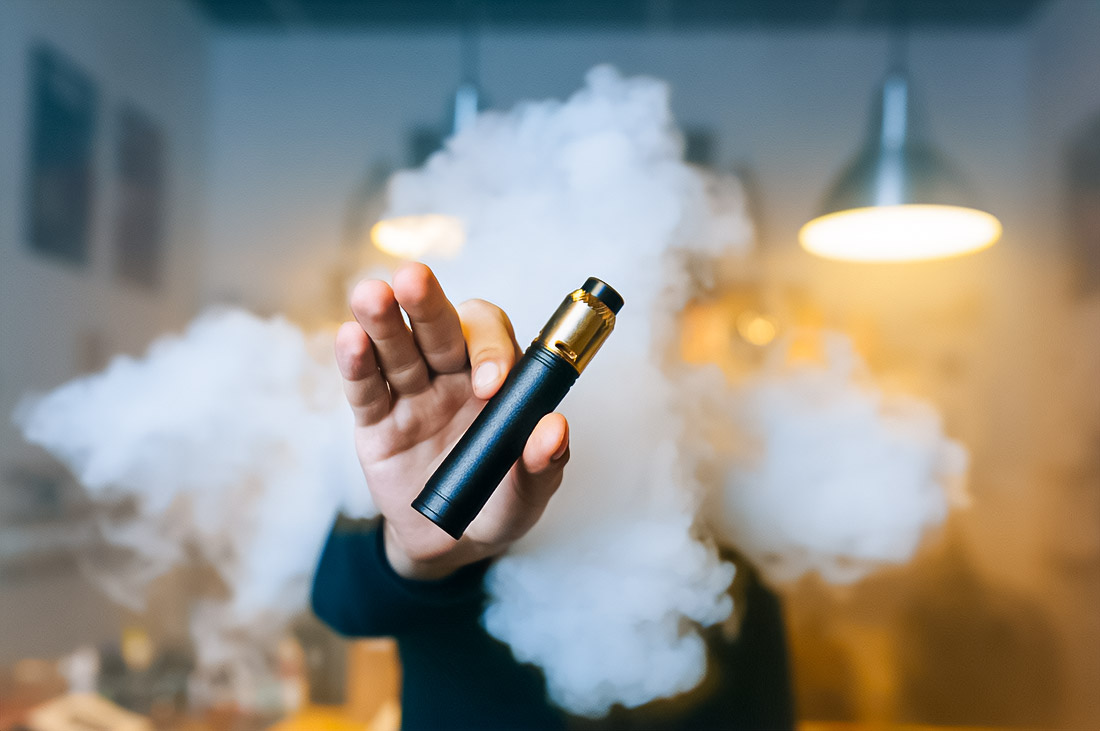In recent years, research in the field of physics and chemistry of the evaporation process has significantly deepened, enhancing emphasis on the study of various parameters influencing the size of particles of steam. One of the key parameters affecting this process is the density of winding of the coil, which is used in steam-generating devices. Understanding how this factor affects the physical and chemical properties of particles of steam has strategic importance for a wide spectrum of applied tasks, including in medicine and industry. For those who are interested in modern steam-generating devices available in the region, it is worth paying attention to Vape UAE products.
Mysteries of steam: creative role of coils

Process of formation of steam represents complex physico-chemical phenomenon, consisting in transition of substance from liquid to gaseous state. This process begins at achieving certain thermodynamic conditions, primarily temperature and pressure. Coils play leading role, creating precisely these necessary conditions thanks to ability to heat liquid to boiling.
Winding of coil determines efficiency of transfer of heat from source of energy to liquid. It depends on density of winding, expressed by number of turns per unit of length. The higher density of winding, the more effectively occurs heating. This can accelerate process of evaporation and affect size of particles of steam.
From molecules to macro world: how the density of winding affects physical parameters
- Dense winding provides uniform distribution of temperature, allowing for high temperatures at lower energy costs.
- High temperatures contribute to faster evaporation and formation of smallest particles.
- Lower density of winding can cause uneven distribution of temperature, leading to the formation of larger particles of steam.
- At higher density, pressure can also increase, which, together with temperature, determines the final size of the particles of steam.
Evidence at hand: research data and their significance
Research confirms: the density of winding has a direct influence on the size of the particles of steam. In one of the experiments, scientists varied the density of winding in various coils to heat an identical volume of liquid. Results showed that denser windings generate smaller particles, which was confirmed by data from laser diffraction and spectroscopy. A more detailed understanding of physical processes can be obtained from source on Wikipedia.
In another, industrially oriented research found out that adjustment of density of winding allows to optimize processes in production, where critical size of particles of steam. Results of experiments showed that increase of density leads to increase of efficiency of evaporation process, opening door for improvement of technologies.
From laboratory to life: practical application of science about coils
- In medicine, control over the size of steam will increase the effectiveness of inhalations, helping small particles to deliver medicines to the lungs faster.
- In the production management of the sizes of particles of steam, it improves processes of deposition of thin films and creation of nanomaterials.
- Precise management of evaporation improves the creation of materials with specified parameters, which is important for electronics and high technologies.
Science moves forward: conclusions and perspectives of new research
Study of influence of density of winding on sizes of particles of steam opens wide horizons for optimization of processes and development of new technologies. Patterns discovered in research can be applied to increase efficiency in various industries — from medicine to high technologies.
Future research can focus on the interaction of the density of winding with other parameters, such as the material of the coil and the type of liquid. Besides, computer modeling can become a reliable tool for the creation of more accurate models, allowing for the prediction of the behavior of systems in real conditions. For a deeper understanding of the physical principles underlying these processes, you can refer to the article on Wikipedia article on Wikipedia.

Soccer lover, ramen eater, hiphop head, hand letterer and RGD member. Operating at the crossroads of art and function to answer design problems with honest solutions. I’m a designer and this is my work. Tropical swift lover
